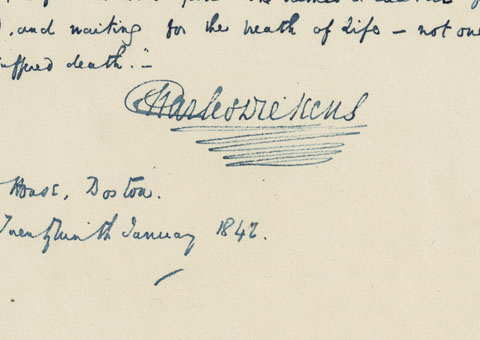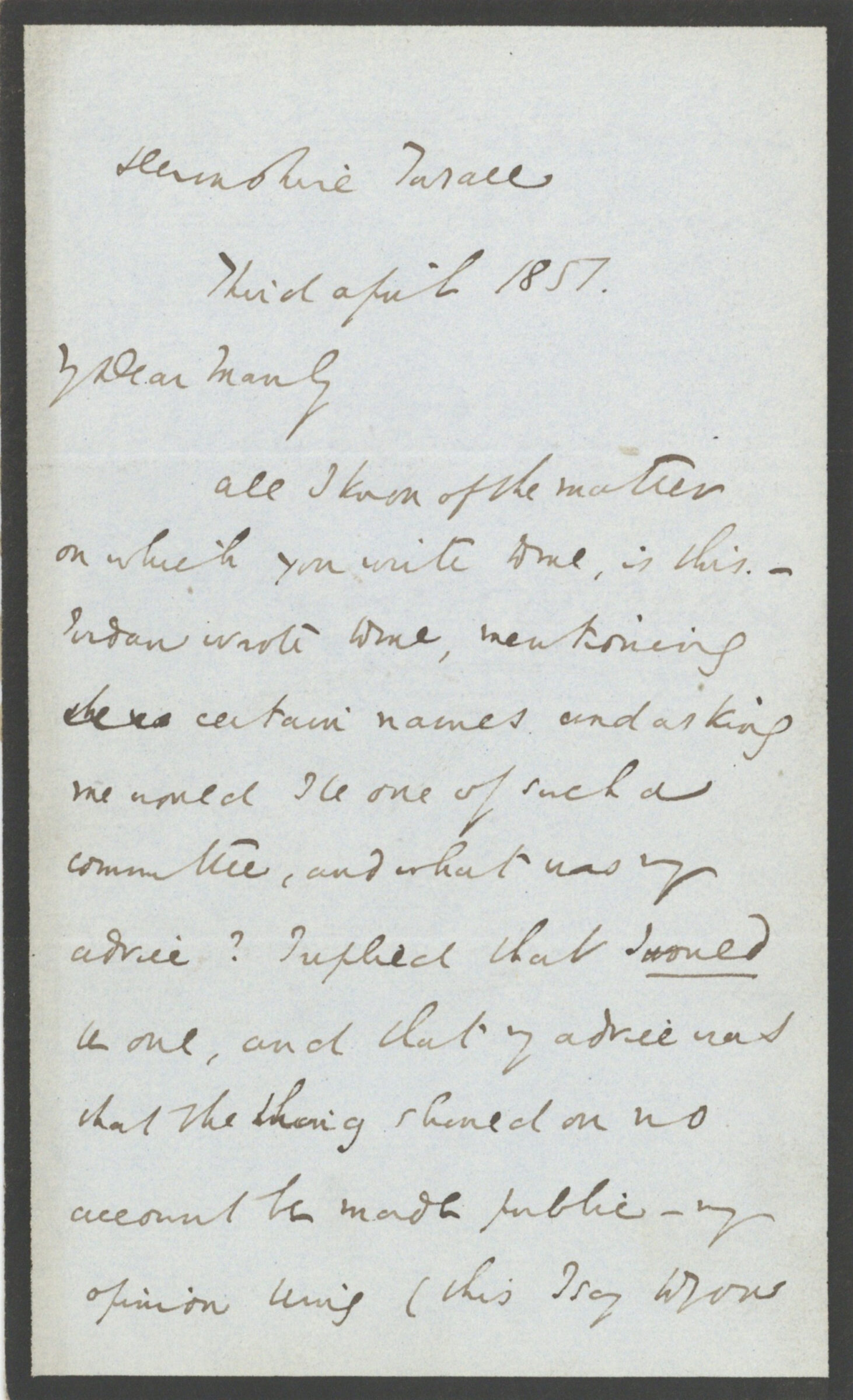Charles Dickens Will Serve on the Committee to Honor England’s Great Literary Gazette and Its Long-Time Editor, William Jerdan




This committee of 70 noblemen of England's literary circles would ensure just compensation for Jerdan
“Jerdan wrote me mentioning certain names and asking me would I be one of such a committee, and what was my advice? I replied that I would be one, and that my advice was that the thing should on no account be made public…”
The year 1851 was a momentous one for...
“Jerdan wrote me mentioning certain names and asking me would I be one of such a committee, and what was my advice? I replied that I would be one, and that my advice was that the thing should on no account be made public…”
The year 1851 was a momentous one for Britain and Charles Dickens. It’s a time of radical change in Britain, when industrial miracles and artistic innovations rub shoulders with political unrest, poverty, and disease. It is also a turbulent year in the private life of Charles Dickens, as he copes with a double bereavement and early signs that his marriage is falling apart. But this formative year will become perhaps the greatest turning point in Dickens’s career, as he embraced his calling as a chronicler of ordinary people’s lives and develops a new form of writing that will reveal just how interconnected the world was becoming.
William Jerdan was the long-time editor of “The Literary Gazette”, which he conducted with success for thirty-four years. At its peak from the 1820s until the end of the 1840s, The Literary Gazette had unprecedented power and influence.
Jerdan’s position as editor brought him into contact with many distinguished writers, such as Charles Dickens. When Jerdan retired in 1850 from the editorship of The Literary Gazette, his pecuniary affairs were far from satisfactory. A testimonial of over £900 was subscribed by his friends; and in 1853 a government pension of 100 guineas was conferred on him by Lord Aberdeen. This committee declared “‘That the literary labours of such a man are well deserving of a special mark of public estimation;” and that it had been “resolved to open a subscription for the expression of this opinion by all friends of Literature, Arts, and Sciences, who may have appreciated the devotedness of the Editor of the “Literary Gazette” and the influence of his writings during this long period” and “To acknowledge his services in a gratifying and suitable manner by presenting him with a lasting token of the esteem in which he is held by the literary world…. This task, so honourable to all concerned, has been undertaken by a committee of nearly seventy noblemen and gentlemen, representing every high order and class of intellectual society, and especially by Mr. Jerdan’s distinguished literary contemporaries, who thus unanimously unite in recommending his services in the Press to the notice of the country which has profited by them.”
Charles Manby was Secretary to the Institution of Civil Engineers from 1839-1856, but importantly had an interest in theater and literature and was often involved with the management of the Adelphi and Haymarket Theatres. Thus he came into contact with Charles Dickens and William Jerdan. A number of letters passed between Dickens, Jerdan and Manby, three great literary men of the day.
Autograph letter signed, Devonshire Terrace, April 3, 1851, to Charles Manby, telling him that Jerdan had written to him mentioning possible names of candidates for committee members and asking if he himself would be a committee member. This was likely for the Adelphi Theater, with which Manby was involved and where many stories of Dickens were adapted for the stage. Dickens responded that he would join, but that he thinks it should not be made a public matter. “All I know of the matter on which you wrote me is this. Jerdan wrote me mentioning certain names and asking me would I be one of such a committee, and what was my advice? I replied that I would be one, and that my advice was that the thing should on no account be made public, my opinion being (this I say to you and did not say to him but reserves for the committee) that it is not a public case”.

Frame, Display, Preserve
Each frame is custom constructed, using only proper museum archival materials. This includes:The finest frames, tailored to match the document you have chosen. These can period style, antiqued, gilded, wood, etc. Fabric mats, including silk and satin, as well as museum mat board with hand painted bevels. Attachment of the document to the matting to ensure its protection. This "hinging" is done according to archival standards. Protective "glass," or Tru Vue Optium Acrylic glazing, which is shatter resistant, 99% UV protective, and anti-reflective. You benefit from our decades of experience in designing and creating beautiful, compelling, and protective framed historical documents.
Learn more about our Framing Services












































































































